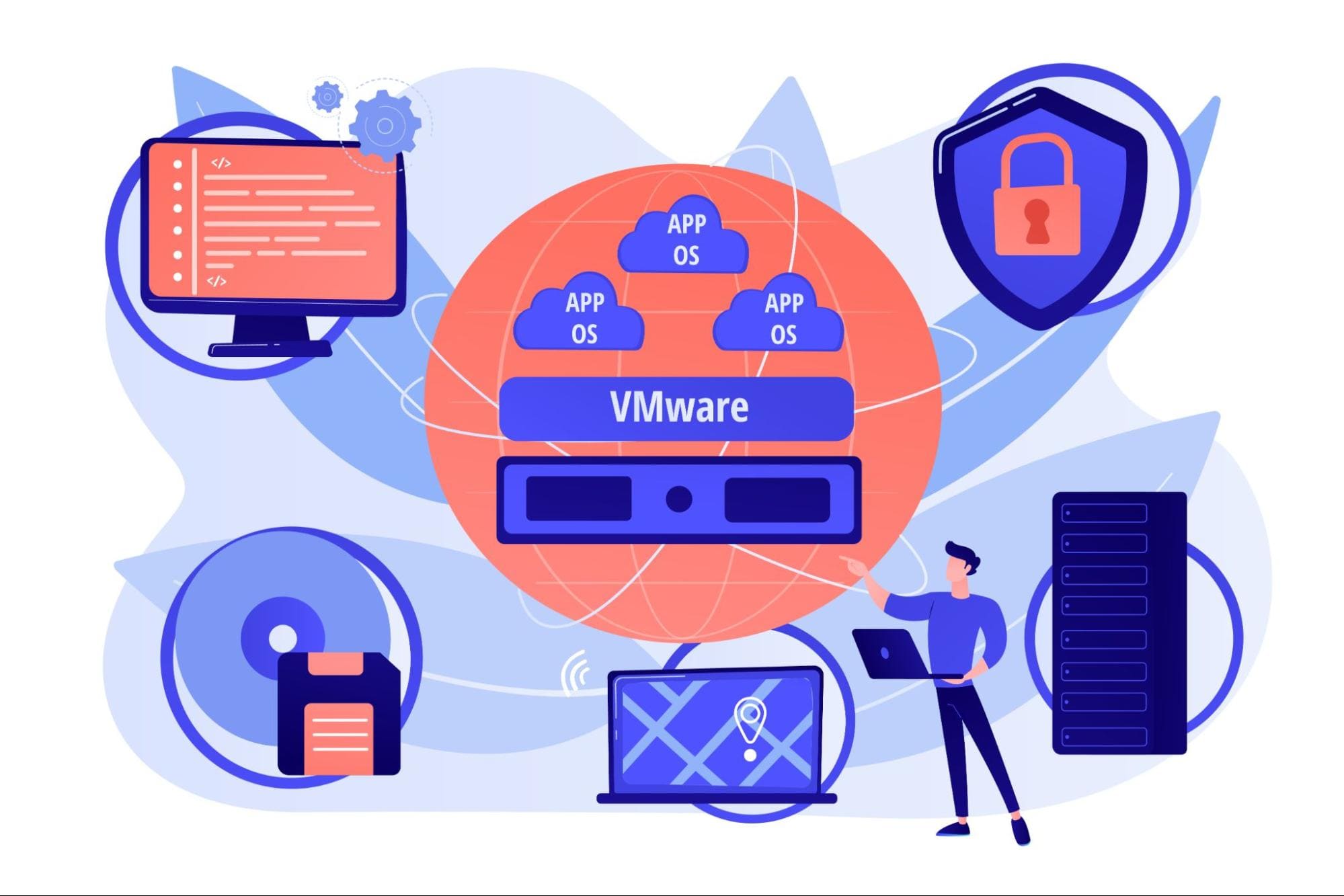What’s the Difference Between a VPS and a Container?
Virtual Private Servers (VPS) and containers are two popular web hosting options, both providing an isolated space for your web application. But what is the key difference between them?
1. Resource Isolation:
The main difference between a VPS and a container is the level of resource isolation. A VPS is a separate virtual server with dedicated resources, such as CPU, RAM, and disk space. A container, on the other hand, uses the shared resources of the host system but provides isolation at the operating system level. This means that a container can only use a specific portion of the available resources, but it still provides a high degree of isolation from other containers on the server.
2. Management:
Managing a VPS requires a higher level of administrative skills and time, as you will have to install and configure the operating system from scratch. In the case of a container, you only need to download the container image and run it – all settings and dependencies will already be configured.
3. Scalability:
A VPS offers a higher degree of scalability, as you can increase or decrease the allocated resources as needed. Containers also have the flexibility to scale, but are limited by the resources allocated to the host system.
In conclusion, the choice between a VPS and a container depends on your specific needs. If you need full control over resources and a high degree of isolation, then a VPS may be the best option. If you want quick setup and flexibility, then containers may be the ideal choice for you.
There is no one-size-fits-all answer to the question of whether a VPS or a container is better. Both options have their pros and cons, and your choice will depend on the specific tasks you are setting for yourself. It is important to understand the differences between these two options and choose what suits you best.





